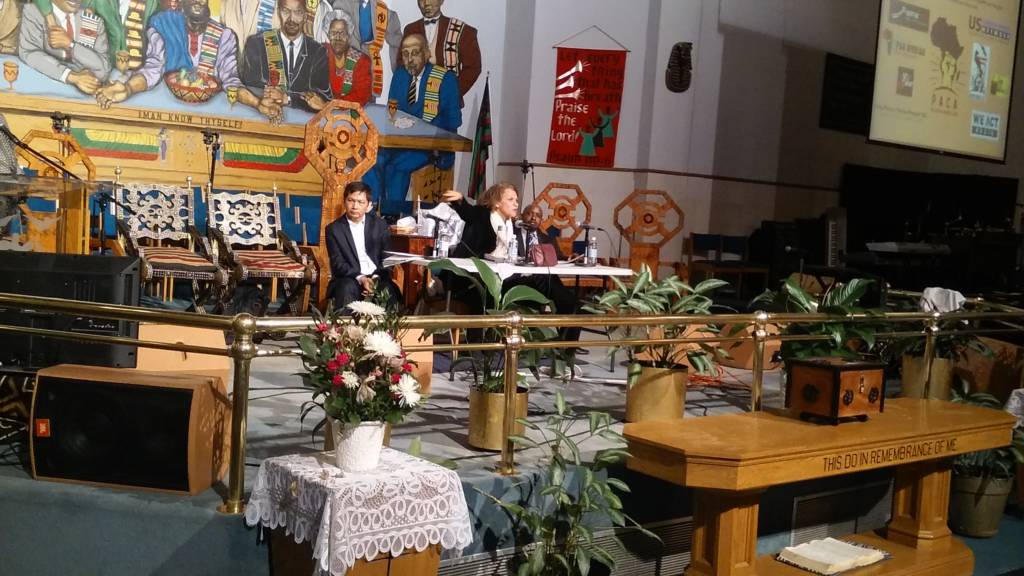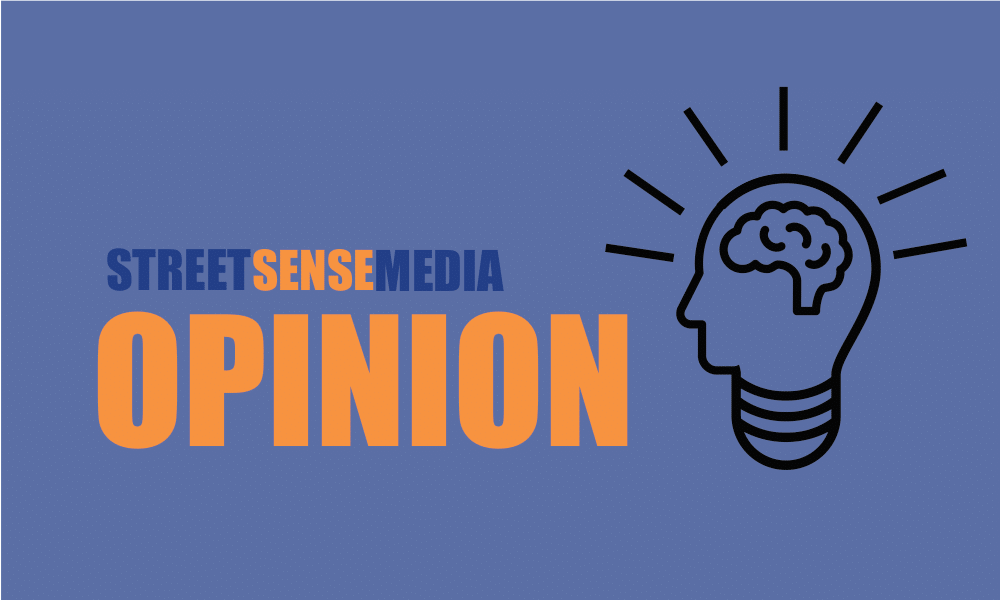Black culture in the District of Columbia has faced issues such as police violence, displacement and high unemployment for years. This January, the United Nations Working Group of Experts on People of African Descent (WGEPAD) brought these injustices to a national stage.
WGEPAD toured the United States for 10 days, visiting Baltimore, Jackson-Mississippi, Chicago and New York City — culminating in a town hall discussion at Union Temple Baptist Church, here in Washington, D.C., to review what they’d learned.
The working group “assessed the situation of African Americans and people of African descent and gathered information on the forms of racism, racial discrimination, xenophobia, Afrophobia and related intolerance that they face,” according to a statement released by the U.N.
WGEPAD’s research focused on preventing structural racism and identifying challenges that inhibit realizing the human rights of people of African descent.
The town hall, hosted by Pan African Community Action (PACA), drew attention to many issues plaguing the nation. PACA member Max Ramone proposed community control of land in the United States. He offered this solution as a way to stop gentrification and to promote the idea that housing is a human right. “The real problem is not gentrification. The real problem is the black community does not control its own land.”
Ramone also suggested that there be a shift of power away from the wealthy to the lower-income earners that reside on the majority of U.S. land.
“Our government has purposely destroyed our low-income housing,” said Schyla Pondexter-Moore, an organizer with local advocacy group Empower DC. “Our government, our landlord, has purposely neglected our homes. We need community control.”
In Pondexter-Moore’s eyes, everything is taken from people of African descent while Washington continues to prosper.
“I didn’t vote for anyone up there, they act like we don’t matter,” Pondexter-Moore said of local officials. “I hope we can do something about it.”
The meeting also featured several mothers in the region who have lost children to violent encounters with law enforcement. Darlene Cain described how her son was shot five times by police in Baltimore. “No one should have to go through this. We have the power to make a change.”
Tina Best compared police violence to 20th century lynching and described a barrage of bullets that riddled her daughter’s car with holes in Virginia Beach. “Our pillows are soaked with tears. We need something to change, there is nothing romantic about having your child transformed into a hashtag.”
After two hours of testimony and a 10-day tour, the United Nations released a set of recommendations ranging from creating a national human rights commission to acknowledging that the transatlantic slave trade was a crime against humanity. D.C.’s own Barry Farm public housing community made the list:
“The process of gentrification has a heavy impact on African Americans who are being displaced from city centers under the argument of the need for new investment and development. In particular, the Working Group was alarmed by incidents of eviction, demolition and conversion of Barry Farm public housing in Washington D.C.”








